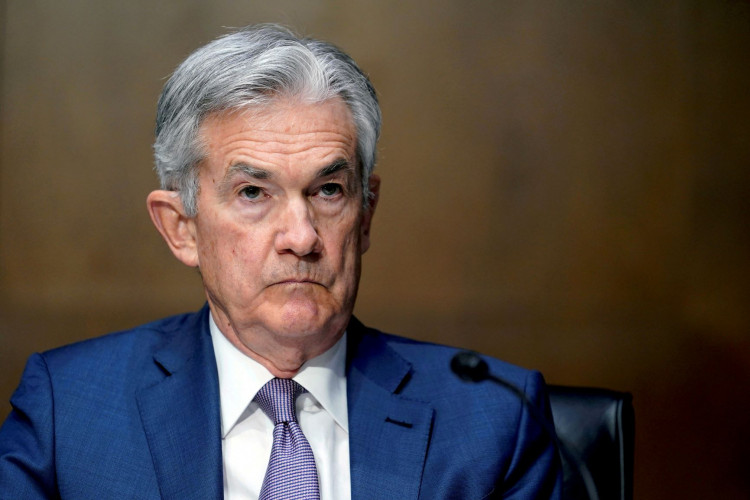United States President Joe Biden has renominated Federal Reserve Chairman Jerome Powell for a second term as the central bank's chairman, indicating the administration's endorsement of Powell's leadership throughout the COVID-induced economic crisis.
Biden made the statement Monday, after weeks of speculation that progressives would campaign for Federal Reserve Gov. Lael Brainard to take the position.
Recognizing the political pressure to choose a more progressive Democrat than Republican Powell, Biden explained that he chose Powell because the current economic conditions present "great potential and enormous unpredictability" and necessitate "stability and independence."
Asia-Pacific shares were mixed on Tuesday as investors awaited market reaction to Biden's selection of Powell for a second term as Federal Reserve chairman.
The Hang Seng index in Hong Kong was down 1.01%, while mainland Chinese stocks were mixed, with the Shanghai composite index rising around 0.42% and the Shenzhen component falling slightly.
South Korea's Kospi index fell 0.51%, with shares of biotech company Celltrion falling more than 4%.
In Australia, the S&P/ASX 200 index increased 0.82% as shares of major miner BHP surged more than 4%.
"Biden has complete confidence in Powell and Brainard's experience, judgment, and integrity to carry out those objectives and to help rebuild our economy for working families," the White House said in a statement announcing Powell's nomination.
Treasury Secretary Janet Yellen stated that Powell's reappointment will enable the economy to "continue to benefit from his stewardship."
Senators on both sides of the aisle welcomed the Biden administration's selections, with Senate Banking Committee Chairman Sherrod Brown (D-Ohio) stating that he "looks forward to working" with Powell during his second term. Pat Toomey, the committee's ranking Republican, has stated that he will support Powell's confirmation.
The announcement coincided with a surge in the stock market and a general increase in government bond yields. Markets are intently monitoring the Fed's pace of unwinding its huge policy assistance.
Officials have already suggested that they will begin reducing bond purchases, with monthly reductions of approximately $15 billion. The program is expected to terminate in late spring or early summer 2022.
Thus far, the majority of Fed officials have stated that they will not contemplate raising rates until the taper of bond purchases is complete.
Markets, on the other hand, have been pricing in a speedier rate hike path, with the initial hike currently factored in for June next year.






